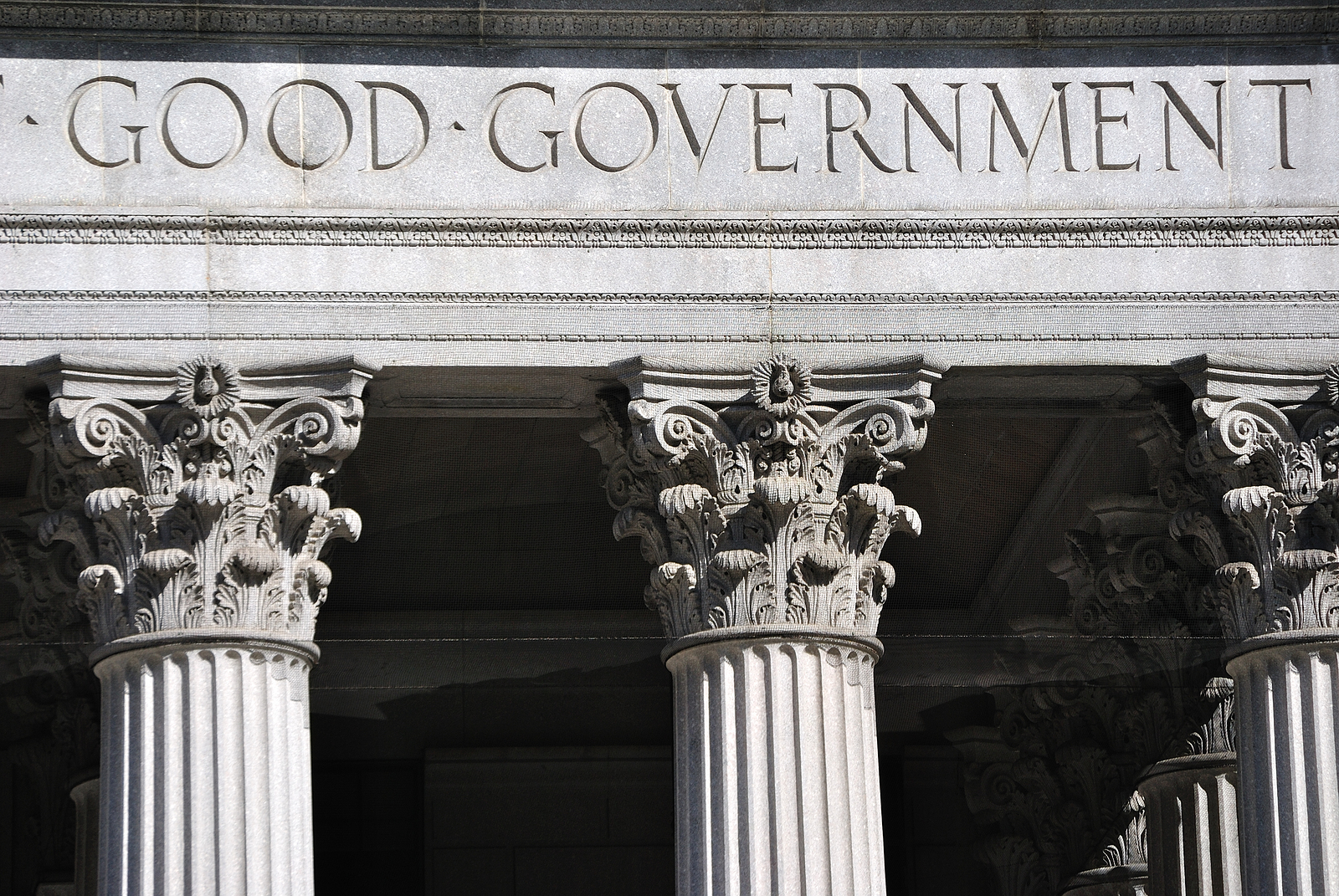Government Shutdown: The Real Impact on Workers

The government shutdown has continued, it has broken all records, and we’re here to talk about real lives. Not even considering the four million contractors for the moment, around 800,000 federal workers have been affected which means they’re either working for free or sitting at home waiting for news. Either way, more and more people are getting dragged into harm’s way in the following ways;
Day-to-Day Expenditure
First and foremost, as we’ve already mentioned, 800,000 people have now missed their first paycheck. While some are having to tighten the purse strings slightly, others may struggle to pay for student loans, bills, credit cards, mortgages, and, perhaps worst of all, food.
Debt
While some companies are providing relief for their customers (more on this later!), this isn’t a universal effort, and many workers will now struggle to pay student loans, credit cards, and loans. Of course, this leads to a devastating impact on their credit scores.
Loans
Not only are families struggling to pay existing loans, but some are also forced down a one-way street that leads to a new loan (just to pay for simple things like food and keeping a roof over their head).
Mortgages
According to Zillow, around $249 million is due in monthly mortgage payments by government workers not currently getting paid. Within the same group, around $189 million is paid for rent per month. With this in mind, just under 40,000 mortgages are expected to be affected because of delayed loans and even short-staffing at the Federal Housing Administration. For those relying on FHA-insured loans, this problem is exacerbated.
Employees of Employees
Just think how many nannies, gym instructors, babysitters, and dog walkers are hired by the 800,000 affected workers. With workers now losing income, the mortgage and loans will take priority, and these professionals will also lose income. Additionally, less income means no eating in restaurants, taking cabs, or visiting the cinema. When a large chunk of workers have less disposable income, it has a huge knock-on effect on others too.
Savings
While not everybody has savings, some are lucky enough to have emergency funds…but is it really lucky? Suddenly, thousands of people are dipping into their retirement money, and this can be potentially crippling for later life (especially if it can’t be replaced quickly enough!).
Government Assistance
Finally, we should also note that low-income households could lose their support. For example, contracts for hundreds of government-funded homes have now expired which means low-income families are seeing delays to repairs. Furthermore, there has been some assurance for food assistance for February but what if the shutdown goes beyond this? Programs such as the Supplemental Nutritional Assistance Program (SNAP) could lose funding and be forced to cease activity.
Available Help
As mentioned previously, some companies are doing all they can to help federal employees, and we’ve listed some examples below. If you think you’re going to miss a payment of a loan, mortgage, or any other debt, it’s worth getting in contact with the lender to see what they can offer!
- For many national and local banks, they’ve decided to allow low-rate loan programs, a waiver of fees, and even the breaking of certificates of deposit earlier than normal.
- Assistance programs have been set up by many credit unions including Space Coast, FedChoice, Justice Federal, Navy Federal, and Launch Federal.
- Payment schedules and reduced fees are available with Verizon, Sprint, AT&T, and T-Mobile.
- Relief could also be available through mortgage companies, credit card companies, and lenders.




